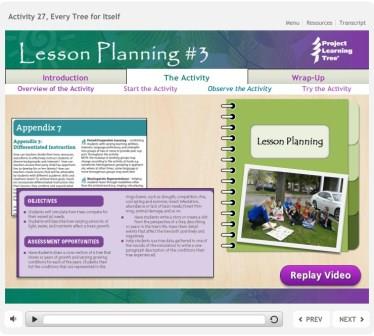Project Learning Tree’s GreenSchools for Early Childhood program specifically meets the needs of early childhood educators and younger learners. It is designed to teach young children about their environment and how they can make a difference, while developing their skills in language, mathematics, and science.
To access the materials, visit www.plt.org/greenschools/early-childhood/ and login or create an account (it’s free!)
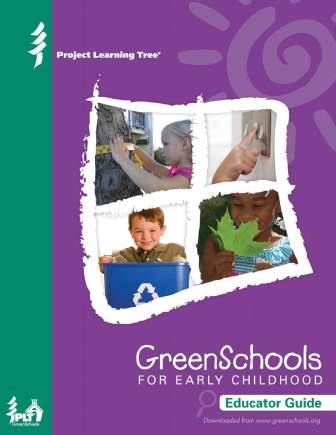
GreenSchools for Early Childhood Materials
PLT’s GreenSchools for Early Childhood program includes an Educator Guide and 5 investigations.
The Educator Guide offers ideas and activities for early childhood educators to green their centers while facilitating environmental experiences with their students through art, movement, sensory exploration, and time outdoors – all of which are inherently appealing to young children. You’ll learn about the benefits of becoming a PLT GreenSchool, how to engage parents at your center, ways to assess your students’ learning, and how to celebrate your success.
Five Investigations will involve your students in helping to green your center while developing their skills in language, mathematics, science, and more.
GreenSchools Investigations
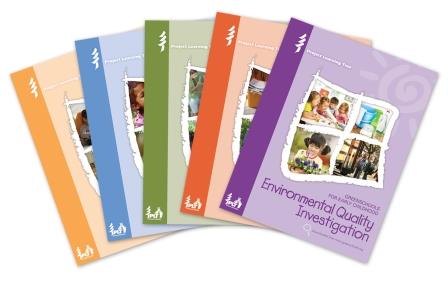 Explore what individual and collective actions you and your students can take to improve the health, safety, and environmental quality of your school or early childhood center around 5 topic areas. You’ll discover how reducing your school’s environmental footprint is not only good for your health, your children’s health, and the health of the environment, but also can save your school money.
Explore what individual and collective actions you and your students can take to improve the health, safety, and environmental quality of your school or early childhood center around 5 topic areas. You’ll discover how reducing your school’s environmental footprint is not only good for your health, your children’s health, and the health of the environment, but also can save your school money.
Energy: Investigate how much energy your center uses, the main sources of that energy, and ways to implement energy-saving strategies.
Environmental Quality: Investigate areas where improvements can be made in indoor and outdoor air quality, for example, in your center’s carbon dioxide and temperature levels, how cleaning products can impact your air quality, and what practices need to be followed regarding the use of hazardous materials.
School Site: Investigate natural habitats, wildlife, trees, grounds maintenance practices, and ways to make improvements to your center’s site.
Waste and Recycling: Investigate how much waste your center generates and where it goes, as well as recycling and composting efforts.
Water: Investigate the source, cost, and quality of your school’s water supply, and ways to enhance current water conservation practices.
Each GreenSchools for Early Childhood investigation includes:
- Background information for educators and a checklist of supplies needed
- Early Childhood Engagement activities to involve your learners in the investigation
- Early Learner Worksheets
- Action project ideas, including a My Action Plan worksheet for children ages 4 to 8
- A Green Your Home handout to extend the learning and help families learn how they can improve their home environment.
Access the materials
To access the materials, visit www.plt.org/greenschools/early-childhood/ and register or log in.
If you are looking for more Early Childhood activities, be sure to check out PLT’s Environmental Experiences for Early Childhood. This guide is now also available electronically as part of PLT’s new online course for Early Childhood.
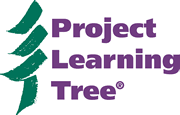
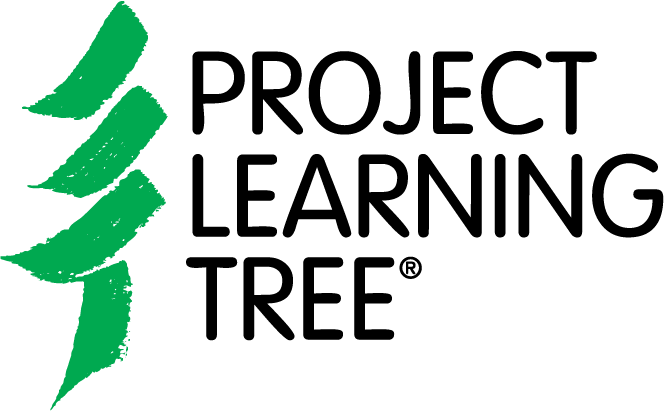
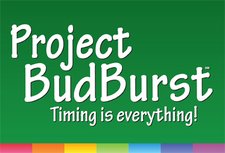 Spring is an amazing season for engaging students in making observations about the environmental changes happening all around them. New bird species appear, flowers begin to bloom, and trees that were once bereft of leaves are all at once covered in flowers and bright green leaves.
Spring is an amazing season for engaging students in making observations about the environmental changes happening all around them. New bird species appear, flowers begin to bloom, and trees that were once bereft of leaves are all at once covered in flowers and bright green leaves. 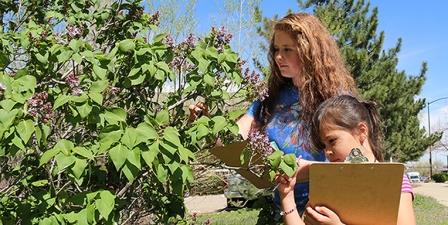
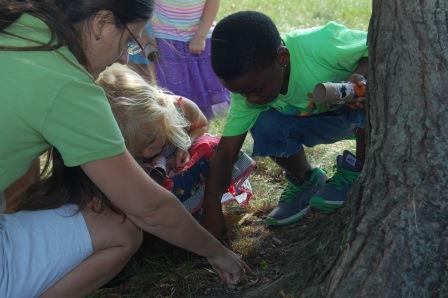 Contact with nature has a positive impact on children’s learning, health, and behavior. Project Learning Tree’s (PLT) award-winning early childhood materials help you foster young children’s wonder and curiosity about the natural world as you safely take your young learners outdoors and bring nature into the classroom.
Contact with nature has a positive impact on children’s learning, health, and behavior. Project Learning Tree’s (PLT) award-winning early childhood materials help you foster young children’s wonder and curiosity about the natural world as you safely take your young learners outdoors and bring nature into the classroom.  This online workshop is specially designed to help you:
This online workshop is specially designed to help you: This professional development experience will teach you how to use PLT’s materials effectively in your own educational setting and how to access many additional resources.
This professional development experience will teach you how to use PLT’s materials effectively in your own educational setting and how to access many additional resources.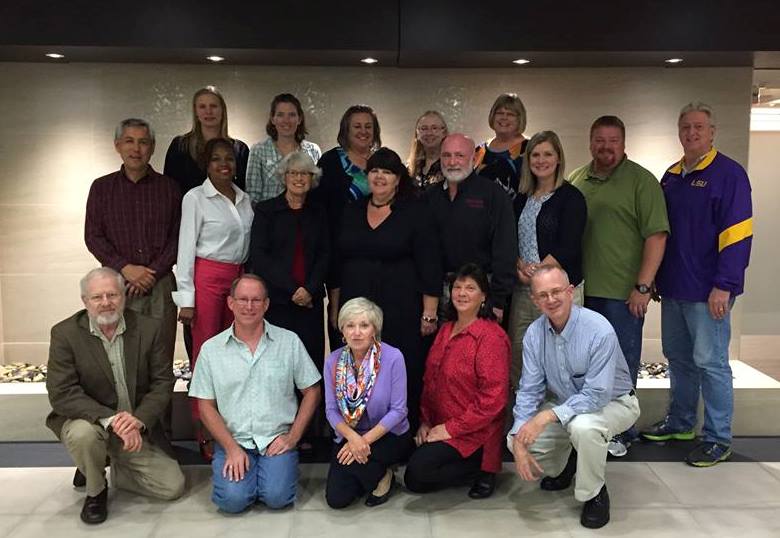
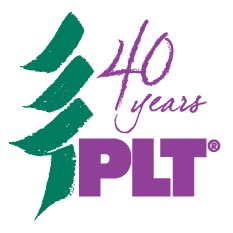 This year, Project Learning Tree is celebrating its 40th anniversary! Back in 1976, the United States celebrated its Bicentennial and the first Earth Day had taken place a few years earlier. Many of the environmental laws and educational reforms now part of everyday life were new on the books or barely imagined. And who knew you would be reading this on a computer screen, let alone on a small handheld device?
This year, Project Learning Tree is celebrating its 40th anniversary! Back in 1976, the United States celebrated its Bicentennial and the first Earth Day had taken place a few years earlier. Many of the environmental laws and educational reforms now part of everyday life were new on the books or barely imagined. And who knew you would be reading this on a computer screen, let alone on a small handheld device?
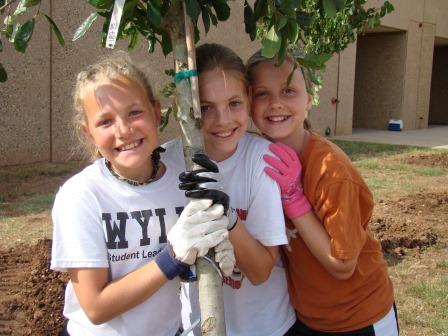 One of the biggest changes this century is the rise of technology. It has changed our lives forever, and our use of technology continues to grow at a galloping pace. Today, anyone with an internet connection can take classes online, and students and teachers have access to more educational content than ever before with online videos, lessons, apps, interactive live broadcasts, networking forums, and more, that can supplement their learning. The rise of social media has been particularly swift and widespread.
One of the biggest changes this century is the rise of technology. It has changed our lives forever, and our use of technology continues to grow at a galloping pace. Today, anyone with an internet connection can take classes online, and students and teachers have access to more educational content than ever before with online videos, lessons, apps, interactive live broadcasts, networking forums, and more, that can supplement their learning. The rise of social media has been particularly swift and widespread. 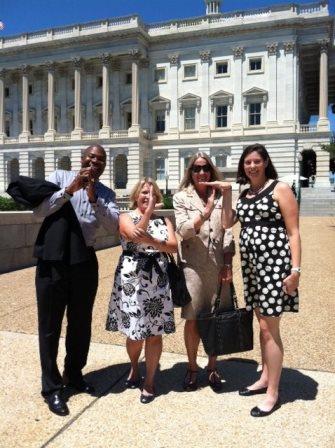 At the end of last year, Congress passed and President Obama signed the Elementary and Secondary Education Act, also known as the Every Student Succeeds Act (ESSA). The Act replaces the No Child Left Behind Act that has been in place since 2001. ESSA provides some $40 billion a year to support K-12 education in the United States and excitingly it includes new provisions that support students learning about the environment, conservation, and field studies.
At the end of last year, Congress passed and President Obama signed the Elementary and Secondary Education Act, also known as the Every Student Succeeds Act (ESSA). The Act replaces the No Child Left Behind Act that has been in place since 2001. ESSA provides some $40 billion a year to support K-12 education in the United States and excitingly it includes new provisions that support students learning about the environment, conservation, and field studies. 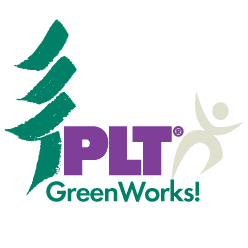 Project Learning Tree is excited to announce that we have awarded 24 GreenWorks! grants to schools and organizations across the country to involve students in community-based environmental projects. Nearly 4,000 students in 18 states will participate in the different projects.
Project Learning Tree is excited to announce that we have awarded 24 GreenWorks! grants to schools and organizations across the country to involve students in community-based environmental projects. Nearly 4,000 students in 18 states will participate in the different projects.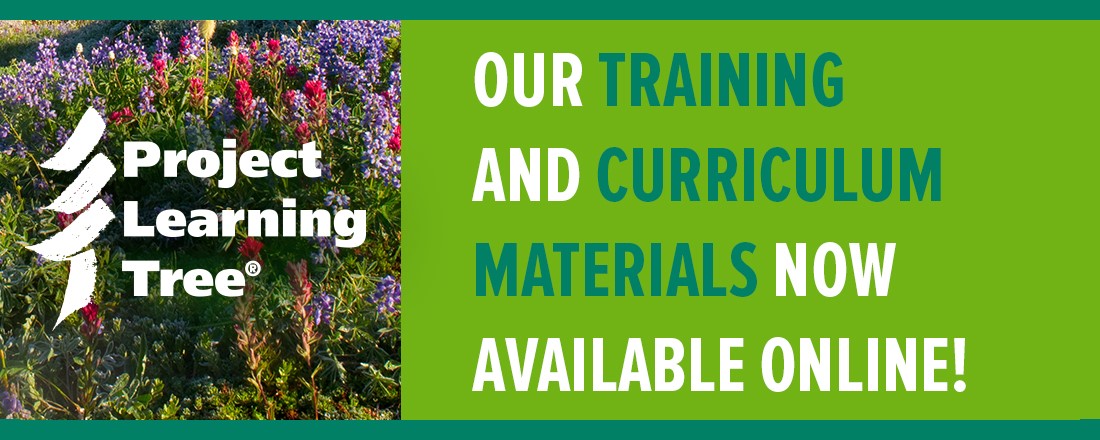
 Online Professional Development for PLT GreenSchools
Online Professional Development for PLT GreenSchools Energy in Ecosystems” for Grades 3-5, and
Energy in Ecosystems” for Grades 3-5, and
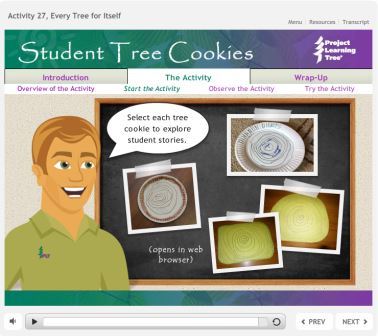
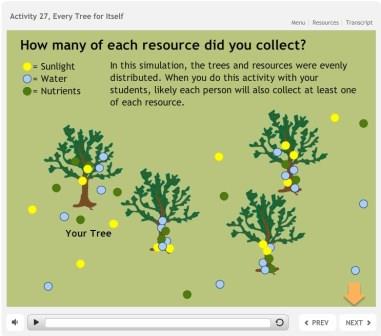 PLT’s PreK-8 online workshop costs $40 and takes approximately 4 hours to complete. It includes:
PLT’s PreK-8 online workshop costs $40 and takes approximately 4 hours to complete. It includes: